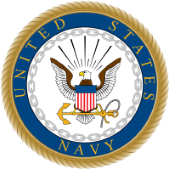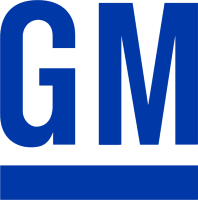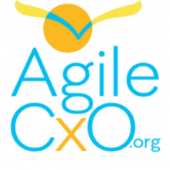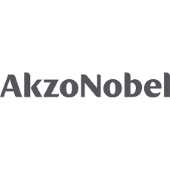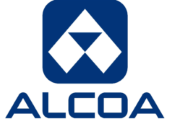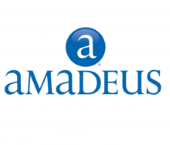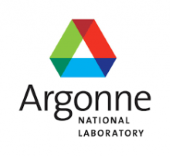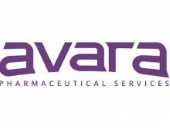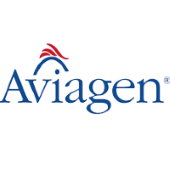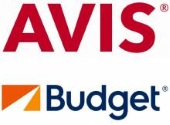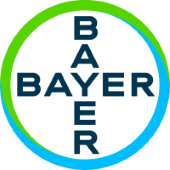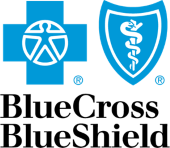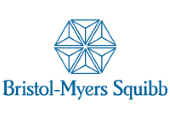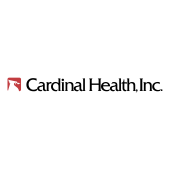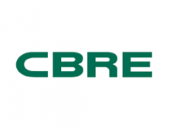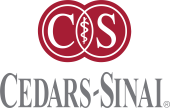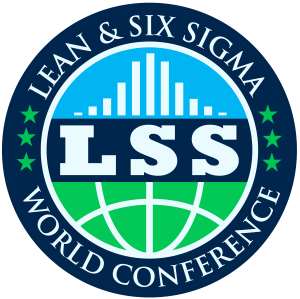 |
|  |
|
ABSTRACT The AI-Driven Future of Lean Six Sigma for Industry 4.0: A Hybrid ApproachIndustry: All Industries Keywords: Industry 4.0, Machine Learning, AI-Augmented Problem Solving Level: Intermediate To draw an automotive parallel, CI initiatives are intended to provide organizations with self-diagnostic warning signals, blind-spot protection, collision avoidance, and map out exciting new paths for organizational success. In vehicles, software may be updated, yet there comes a point when the hardware is outdated and necessitates replacement. Similarly, venerable organizational CI systems eventually warrant significant upgrades. Failure to do so renders the system an antiquated relic with diminished effectiveness. Nostalgia can distort perceptions of such old systems, turning flaws into admirable characteristics and fostering leniency towards shortcomings, a lenience that CI techniques aim to eliminate within the organizations it seeks to enhance. LSS and other CI methodologies strive to mitigate resistance and foster cultural change, but it’s crucial they self-reflect and assess their own need to evolve and integrate with other best practices to forge a more efficient, hybrid methodology apt for addressing the demands of Industry 4.0. This presentation will delve into the imperative upgrades needed for LSS to maintain its relevance amidst the swiftly changing business environment and the necessity for a deep incorporation of Machine Learning (ML) and Artificial Intelligence (AI) to maximize competitiveness. The existing gap in ML and AI literacy in today’s workforce further compounds these challenges, posing significant barriers to achieving any lofty digital goals that are part of Industry 4.0. No code ML and AI analysis solutions can provide LSS practitioners with a much shorter learning path for ML and AI literacy than coding solutions. It will be demonstrated how AI-augmented problem solving can quickly and effectively help teams to decipher the complex network of symptoms, systemic issues, and constraints, quantifying them on a numerical scale from symptom to true root cause. AI can also provide innovative suggestions to teams within seconds, not to replace CI teams, but to substantially expedite their endeavors. CI teams can then refine, critique, and incorporate their own inputs to these AI inputs. The future of mission-critical problem solving includes a deep partnership with AI that reviews trusted internal documents from which AI can provide its instant analysis and suggestions if correctly prompted. This approach can offer LSS practitioners accelerated insights which view the problem from multiple perspectives by seamlessly incorporating the appropriate best practice analysis techniques from every known and respected continuous improvement method. AI-enhanced problem-solving is possible now. It can integrate the best CI methodologies, predictive analytics, and AI-driven prompt engineering capabilities so that practitioners can provide maximum value to their customers. The aim is to predict and address problems with utmost speed and efficacy, fostering an environment where innovation flourishes and the goals of Industry 4.0 are realized. | BIOGRAPHY David J. PatrishkoffAdjunct Professor, Nova SE University, SUNY Polytechnic Institute, Kettering University, Orlando, FL, USA David Patrishkoff is a Lean Six Sigma Master Black Belt with C-level worldwide executive experiences with engineering, quality, and manufacturing responsibilities at multi-billion-dollar revenue companies. In 2001, he founded a LSS consulting and training company, (www.e3.business), where he has trained and consulted for organizations in over 60 different industries worldwide to resolve their mission-critical issues with innovative process improvement and data analysis techniques. In 2018, he added machine learning techniques to his areas of expertise to gain more insights into his research of large datasets, which included the Fatality Reporting Analysis System (FARS) for motor vehicle accidents in the USA and the Home Health Outcome Assessment Information Set (OASIS) data for home healthcare patients in the USA. He has since expanded his applications of predictive analytics to assist other clients. He speaks regularly at international conferences, including keynote speaker roles concerning machine learning, AI, cascading risk management, business war gaming, and other topics of interest. He has a contributing faculty position at the Kettering University School of Management in Flint, Michigan where he teaches various classes as part of their Lean Operational Management Graduate Program. He is also an Adjunct Professor at the Dr. Kiran C. Patel Osteopathic School of Medicine in Ft. Lauderdale, Florida, part of Nova SE University where he teaches various CI and analytical classes in their Health Informatics Department. He is also an Adjunct Professor at the SUNY Polytechnic Institute College of Health Sciences in Utica, New York where he teaches quality improvement and analytics classes. He teaches students in a variety of advanced analytics, ML, and AI techniques with the help of free open-source ML/AI software such as Orange, JASP, and others, and advanced commercial software such as Minitab, JMP Pro, and others. Over the years, he has trained, certified, and mentored many professionals in various topics, including over 3,000 professionals in Lean Six Sigma techniques. He and his company have also trained over 23,000 healthcare professionals in High-Reliability Organizations (HRO) plans to reduce medical errors in healthcare systems. He is author of the book: “No Code Data Science – Mastering Advanced Analytics, Machine Learning, and Artificial Intelligence”, published in October 2023. |















